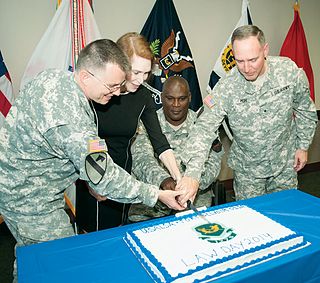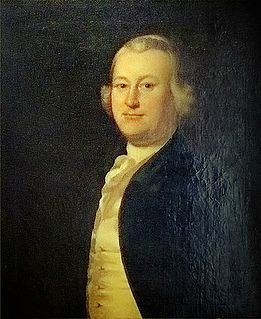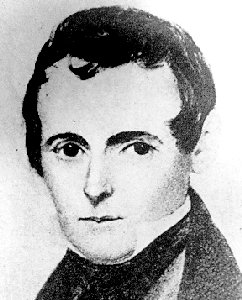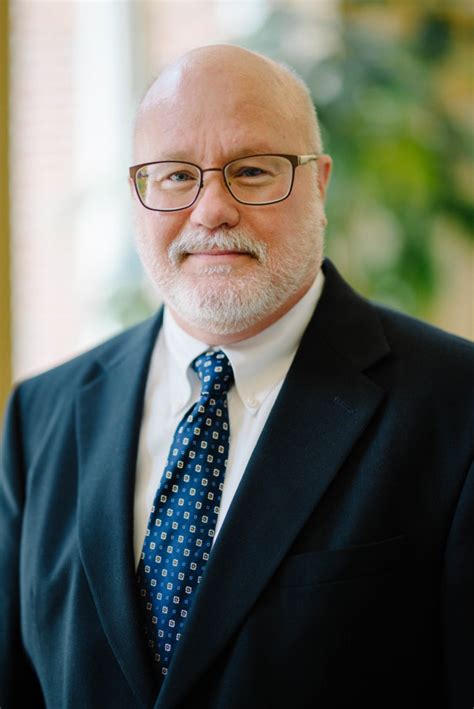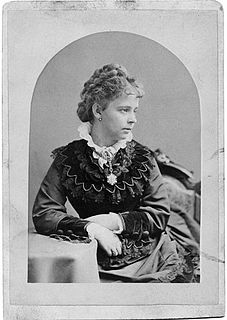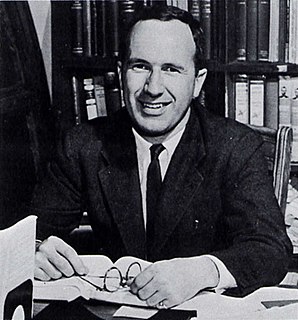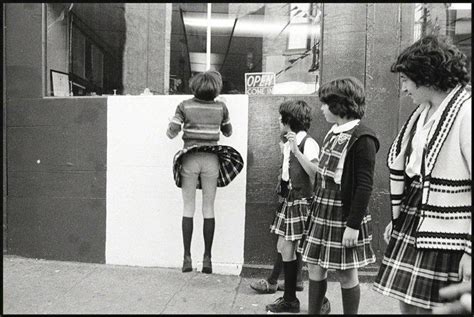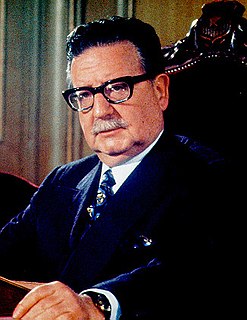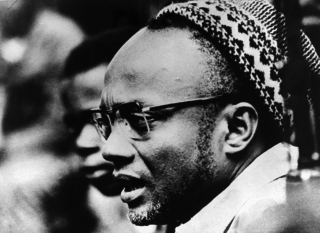Top 40 Colonists Quotes & Sayings
Explore popular Colonists quotes.
Last updated on November 5, 2024.
The ideas that the colonists put forward, rather than creating a new condition of fact, expressed one that has long existed; they articulated and in so doing generalized, systematized, gave moral sanction to what had emerged haphazardly, incompletely and insensibly, from the chaotic factionalism of colonial politics.
Western civilization has been at war with tribalism for 3,000 years. And that war was brought to the New World by the English colonists. A very early point in American law Chief Justice John Marshall is asked to decide the status of Indian tribes. And what he does. He calls them savages who lack the same rights as the white people who came over here, the Europeans, and colonized their land under this, what many Americans might regard as an obscure legal doctrine called the Doctrine of Discovery. But it is still the most important doctrine in American constitutional law.
The right of ordinary citizens to possess weapons is the most extraordinary, most controversial, and least understood of those liberties secured by Englishmen and bequeathed to their American colonists. It lies at the very heart of the relationship between the individual and his fellows, and between the individual and his government.
The pre-war empire had been sufficiently informal and sufficiently cheap for Parliament to claim authority over it without having to concern itself too much about what this authority entailed. The post-war empire necessitated a much greater investment in administrative machinery and military force. This build-up of control had to be paid for, either by British taxpayers or by their colonists.
I define the terms "founding fathers" and "founders" broadly to include an entire generation or two of Americans from many walks of life who, in the last half of the 18th century and early 19th century, articulated the rights of colonists, secured independence from Great Britain, and established new constitutional republics at both the national and state levels. This definition includes a cast of thousands who played their patriotic part at the local, state, and/or national levels. Among them were citizen soldiers, elected representatives, polemicists, and patriot preachers.
American government did not originate in any abstract theories about liberty and equality, but in the actual experience gained by generation after generation of English colonists in managing their own political affairs. The Revolution did not make a breach in the continuity of their institutional life.
I descend from both Philadelphia Quakers and Carolina colonists whose families were separated by the Revolutionary War. That helped give me insight into the agony of Patriots who, until the British government denied their claims, had always, like Ben Franklin himself, thought of themselves as free-born Englishmen.
Among the natural rights of the colonists are these: first, a right to life; second, to liberty; third, to property; together with the right to support and defend them in the best manner they can. These are evident branches of ... the duty of self-preservation, commonly called the first law of nature. All men have a right to remain in a state of nature as long as they please; and in case of intolerable oppression, civil or religious, to leave the society they belong to, and ernter into another.... Now what liberty can there be where property is taken away without consent?
We should have scant notion of the gardens of these New England colonists in the seventeenth century were it not for a cheerful traveller named John Josselyn, a man of everyday tastes and much inquisitiveness, and the pleasing literary style which comes from directness, and an absence of self-consciousness.
By today's standards King George III was a very mild tyrant indeed. He taxed his American colonists at a rate of only pennies per annum. His actual impact on their personal lives was trivial. He had arbitrary power over them in law and in principle but in fact it was seldom exercised. If you compare his rule with that of today's U.S. Government you have to wonder why we celebrate our independence.
The Americans of 1776 were among the first men in modern society to defend rather than to seek an open society and constitutional liberty.... Perhaps the most remarkable characteristic of this political theory sits in its deep-seated conservatism. However radical the principles of the Revolution may have seemed to the rest of the world, in the minds of the colonists they were thoroughly preservative and respectful of the past.
I'm deeply interested in the photograph as a record of an encounter and enjoy putting myself in a timeline of image-makers, alongside other travelers, such as anthropologists, colonists, missionaries, even tourists. I do that to emphasize subjectivity, rather than privilege any single perspective - I see myself as only one of many storytellers.
Thomas Paine, so celebrated and so despised as he traveled through the critical events of his time, has long appealed to biographers. Paine was present at the creation both of the United States and of the French Republic. His eloquence, in the pamphlet 'Common Sense,' propelled the American colonists toward independence.
Britons are good, though often brutal, colonists where they come into relations with entirely uncivilized tribes whose past is so remote as to be forgotten. But they trample with their heavy boots over the sensitive, delicate susceptibilities of an ancient, highly civilized and cultured nation, such as India.
Thomas Jefferson understood the greater purpose of the liberty that our Founding Fathers sought during the creation of our Nation. Although it was against the British that the colonists fought for political rights, the true source of the rights of man was clearly stated in the Declaration of Independence. Jefferson wrote that all humans are endowed by their Creator with certain unalienable Rights . . . . It was self-evident to him that denying these rights was wrong and that he and others must struggle to win what was theirs.






